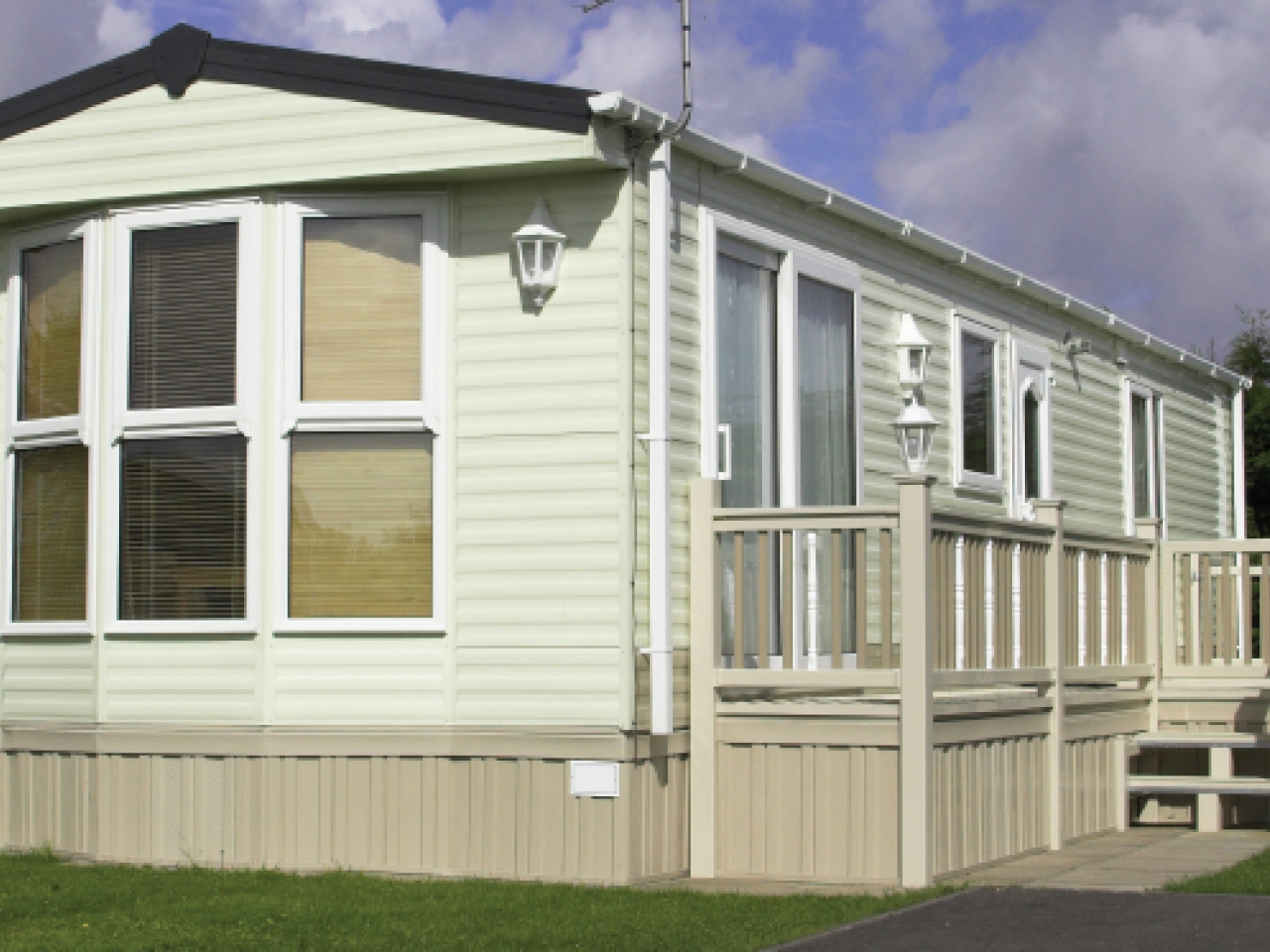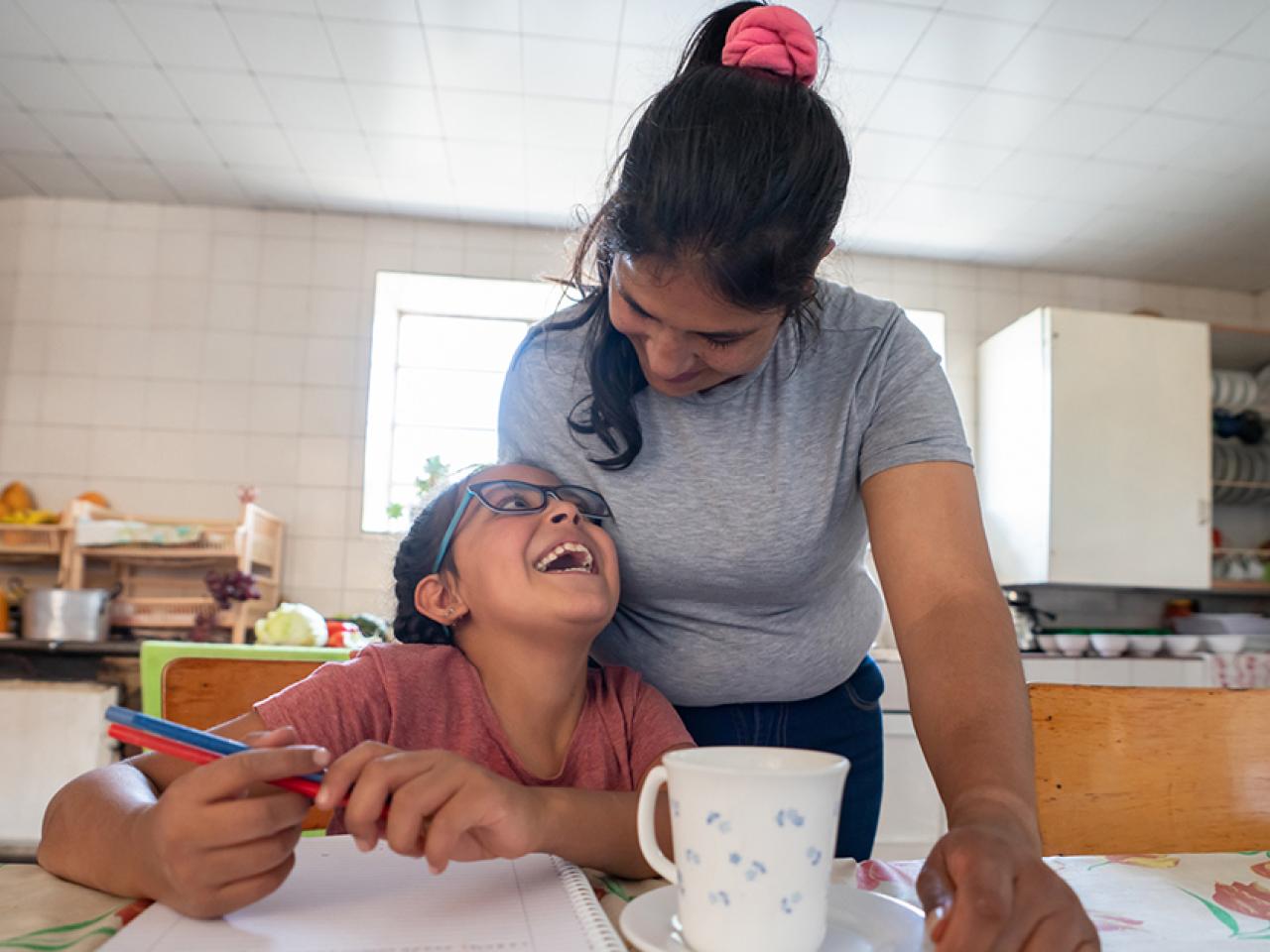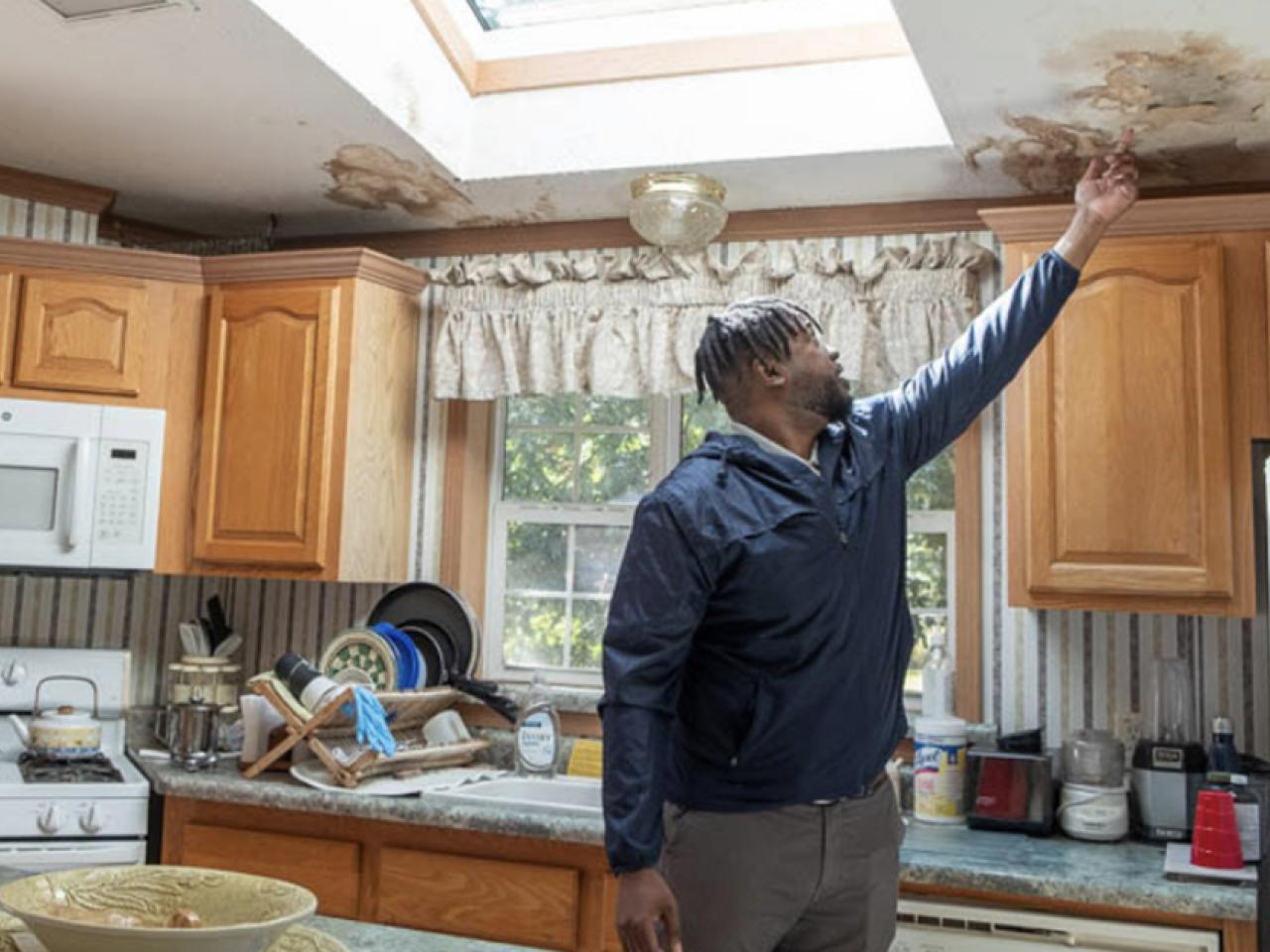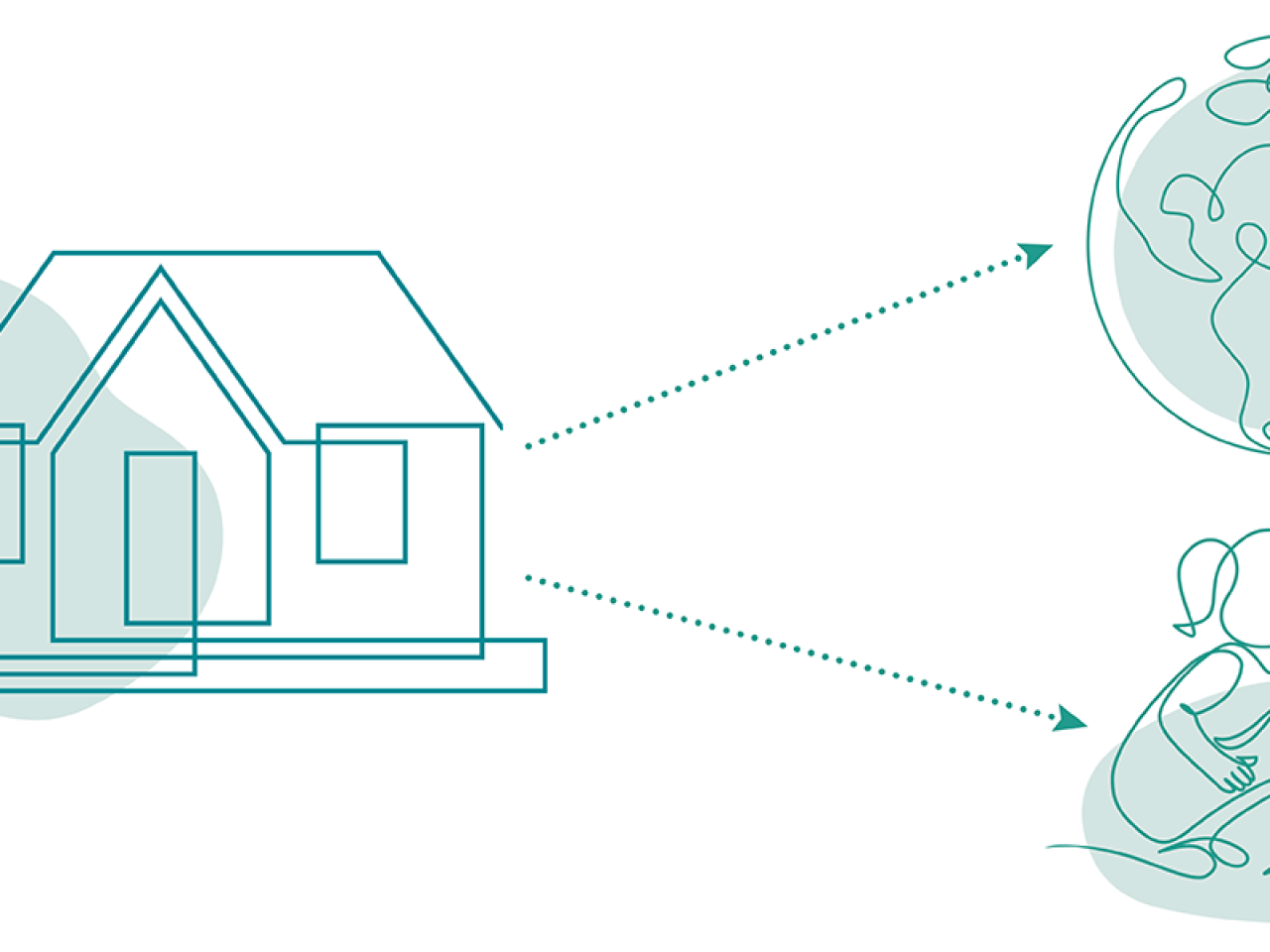Slipstream believes exploring the intersection of health and energy can help communities forge a stronger, more resilient future.
Programs that improve the environments where people live—such as weatherization and energy efficiency programs—have benefits beyond meeting people's energy needs. We can design programs and interventions that can impact people's health as well.
Our research explores how to better connect people with programs that improve their homes, which in turn can positively impact health, safety, and quality of life.
Featured stories
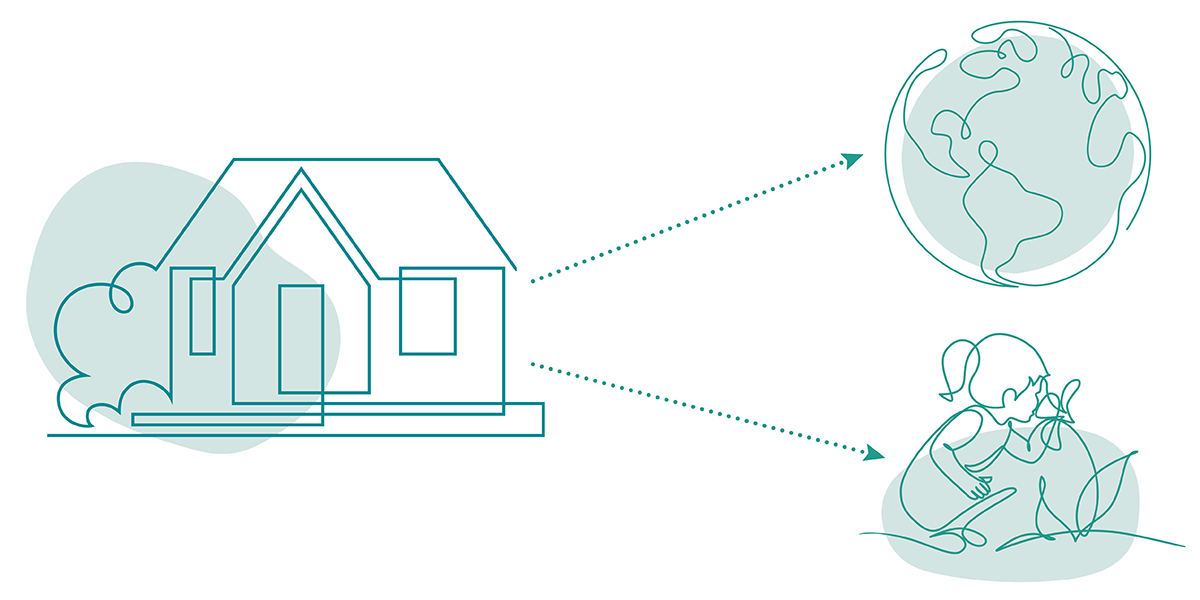
Health and home: The underrated benefit of weatherization services.

Healthy, affordable housing for all: It's the right thing to do.
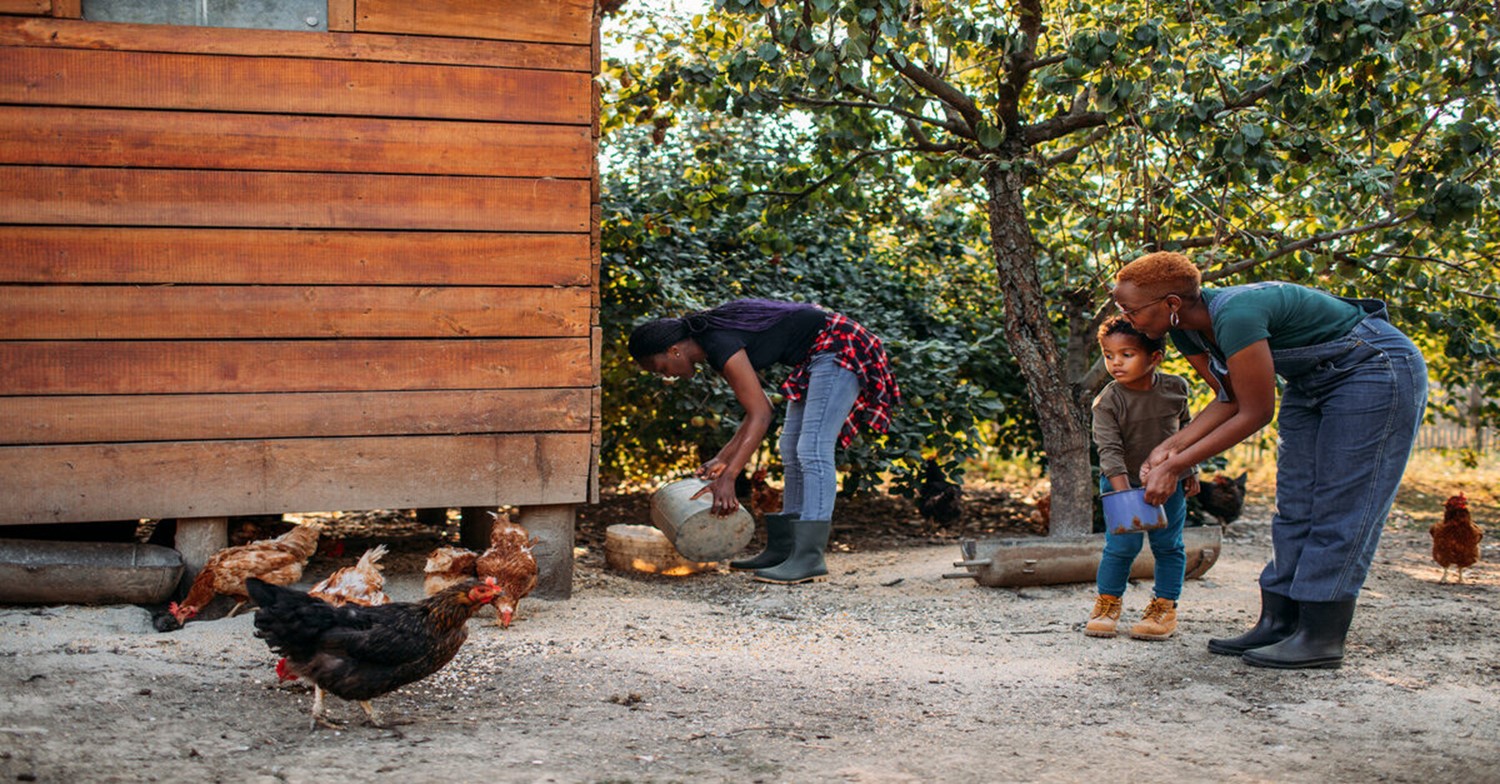
Weatherization as community care: Peter Kilde on the mission to improve homes and lives.
Current research
- Integrating health and energy to serve households with low incomes: A study with CenterPoint Energy's Integrating Health and Energy Efficiency project to connect healthcare stakeholders with utility energy efficiency programs that benefit social determinants of health (SDoH).
- Community-driven weatherization and decarbonization: Home energy audits to support the Pembroke-Hopkins Energy Efficiency Project, which aims to help rural residents engage with weatherization services and to improve their health and safety.
- Assessing the cognitive benefits of weatherization programs: A study designed to measure the neuropsychological benefits of weatherization programs, led by researchers at the University of Michigan and funded by the National Institutes of Health.
More studies
- How could the national Weatherization Assistance Program incorporate non-energy impacts?: A literature review of non-energy impacts (NEIs) for weatherization conducted for Oak Ridge National Labs.


